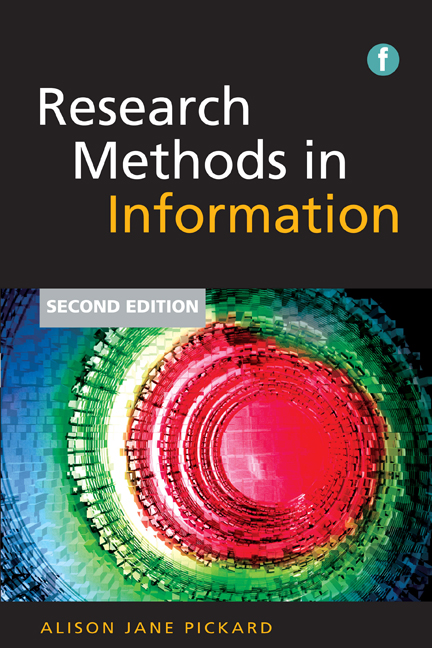Book contents
- Frontmatter
- Contents
- Preface to the second edition
- Acknowledgements
- Introduction
- Part 1 Starting the research process
- 1 Major research paradigms
- 2 Reviewing literature
- 3 Defining the research
- 4 The research proposal
- 5 Sampling
- 6 Research Data Management
- 7 Ethics in research
- Part 2 Research methods
- Part 3 Data collection techniques
- Part 4 Data analysis and research presentation
- Part 5 Glossary and references
- Index
5 - Sampling
from Part 1 - Starting the research process
Published online by Cambridge University Press: 08 June 2018
- Frontmatter
- Contents
- Preface to the second edition
- Acknowledgements
- Introduction
- Part 1 Starting the research process
- 1 Major research paradigms
- 2 Reviewing literature
- 3 Defining the research
- 4 The research proposal
- 5 Sampling
- 6 Research Data Management
- 7 Ethics in research
- Part 2 Research methods
- Part 3 Data collection techniques
- Part 4 Data analysis and research presentation
- Part 5 Glossary and references
- Index
Summary
Why sample?
Sampling is used when it is not possible or practical to include the entire research population in your study, which is usually the case. Sampling is the process of selecting a few from the many in order to carry out empirical research. It needs to be accepted from the outset that a sample represents a form of trade-off between the desirable and the attainable, but this is more often the case in statistical sampling than it is in descriptive sampling. In qualitative descriptive sampling the case is selected based on what we can learn from the case and the goal is rarely to make inferences about the wider population based on this discovery. There is discussion concerning the use of generalization in qualitative research but I would always tend to discourage this; transfer of findings is very different from generalization and if generalization is the purpose of the research then the applicability of qualitative research should be questioned. In most quantitative research the point is to take a sample and make inferences about the rest of the population based on that sample. With both approaches it may well be much more informative to study the entire population but this would almost always be impossible based on cost and time. For this reason we sample.
The method of sampling used plays a major role in any research investigation. Very often it is the characteristics, composition and scale of the sample that give weight to any findings that emerge from the investigation. You must take care when selecting a sampling technique; there are a number of different approaches to sampling and choice of approach should be influenced largely by the purpose of the investigation. You will need to demonstrate the appropriateness of the chosen sample to the nature and output of the research. It is totally inappropriate to engage in a small-scale, localized qualitative study then attempt to generalize from the findings. Likewise, it is inappropriate to engage in a large-scale, broad study and attempt to provide any real detail concerning individuals (unless it is a large-scale investigation involving many researchers investigating many people in a great deal of depth!).
- Type
- Chapter
- Information
- Research Methods in Information , pp. 59 - 70Publisher: FacetPrint publication year: 2013



